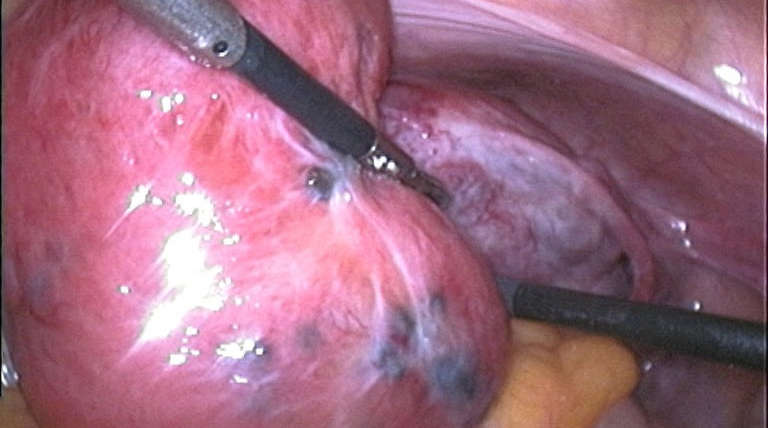Hyperemesis Gravidarum: HCG-Desensitizer – Antai Hospital Hyperemesis Gravidarum is a rare and severe form of pregnancy disorder that affects less than 1% of women globally with severe characteristics such as extreme nausea, insomnia, excessive salivation and others that can put maternal and fetal life in danger. It is important to not confuse typical morning sickness with HG, the 2 vastly…
Hyperemesis Gravidarum: HCG Desensitizer – Antai Hospital






